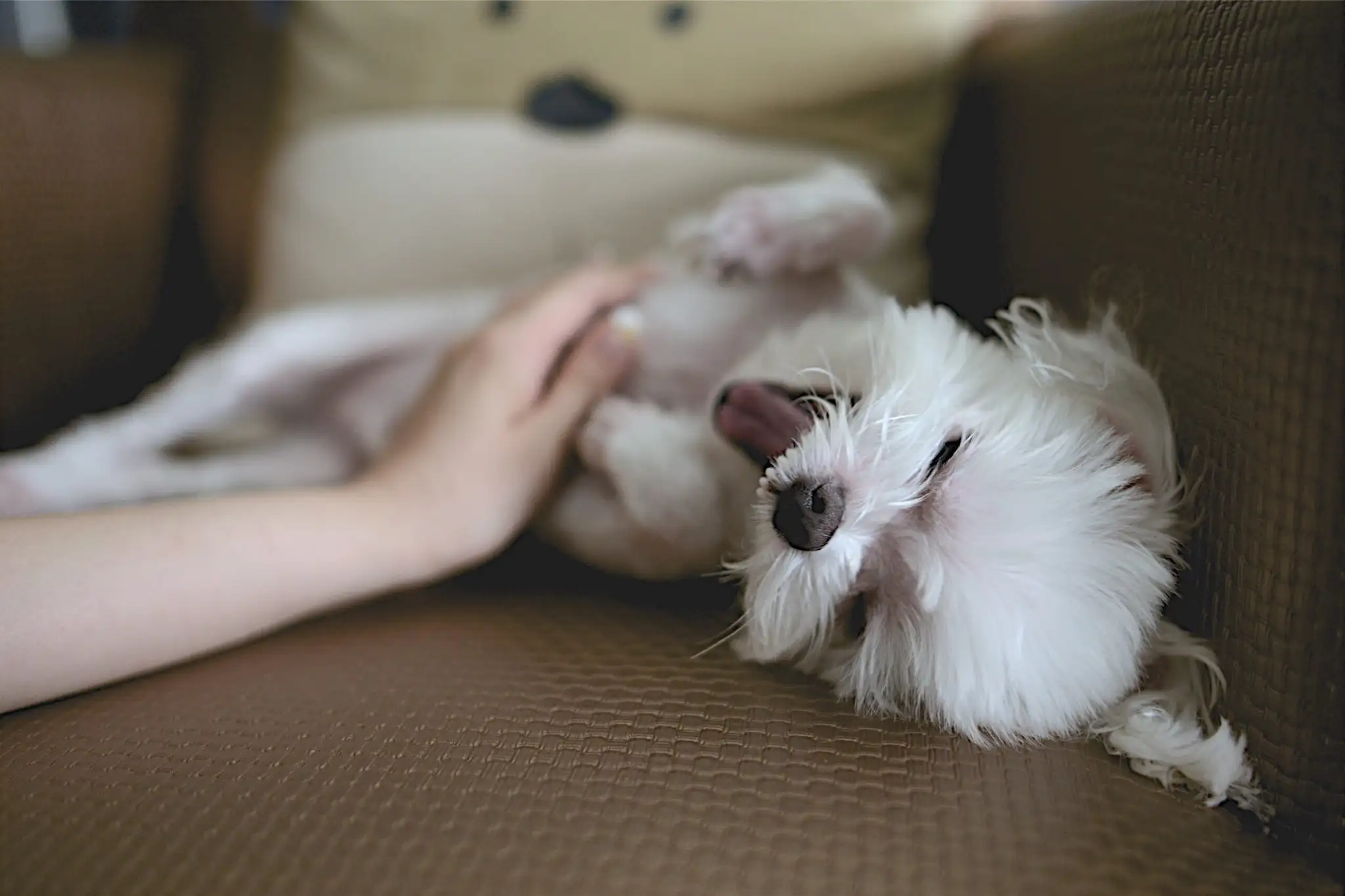Pet Training Guides
Ngày đăng: 2025-05-01 03:05:26

Mini pets, or small companion animals, are tiny furry friends that have been gaining popularity among pet lovers. These pets often include small dog breeds, cats, rabbits, guinea pigs, and even miniature versions of traditional pets. Their size makes them perfect for apartment living and ideal for individuals or families who may not have the space or resources for a larger animal. Unlike larger pets, mini pets often require less food, space, and overall care, making them a suitable choice for busy lifestyles. Additionally, their small stature does not compromise their ability to offer companionship, affection, and joy. There are numerous advantages to choosing mini pets as your new furry friends. Firstly, mini pets are often more manageable in terms of space and maintenance. Here are some benefits: When considering mini pets, it is essential to understand the various types available. Here are some popular choices: When choosing the right mini pet, consider your lifestyle, living situation, and preferences. Consider the following: Proper nutrition is crucial for the health and happiness of your mini pet. It is essential to provide high-quality food that is suitable for their specific species and breed. For example: Mini pets need regular exercise and mental stimulation to stay healthy and happy. Create a play environment that allows them to express their natural behaviors. Consider the following: Maintaining your mini pet's health involves regular veterinary visits for check-ups and vaccinations. In addition, grooming is essential, depending on the type of pet: Training is integral to having a well-behaved mini pet. Start early with basic commands, socialization, and house-training techniques. Consider the following: For beginners, guinea pigs and small dog breeds like Pomeranians or Shih Tzus are often recommended due to their friendly nature and manageable care requirements. Mini pets generally require less space than larger pets. A small apartment or a home with limited outdoor space can be suitable for most mini pets, as long as they have a safe area to play and exercise. Yes, many mini pets are incredibly family-friendly. However, it's vital to choose a species and breed known for its tolerance and gentle nature with children, like small dog breeds and rabbits.Discover the Joy of Mini Pets
What are Mini Pets?
Benefits of Mini Pets
Popular Types of Mini Pets
Choosing the Right Mini Pet for You
Caring for Your Mini Pet
Feeding Your Mini Pet
Exercise and Playtime
Health and Grooming
Training Your Mini Pet
Frequently Asked Questions (FAQ)
What types of mini pets are best for beginners?
How much space do mini pets require?
Are mini pets suitable for families with children?